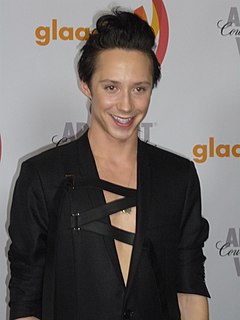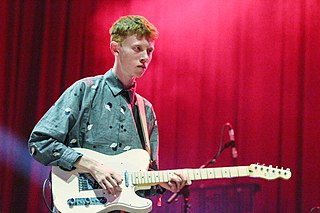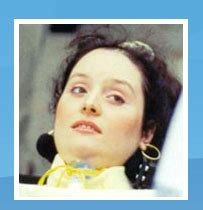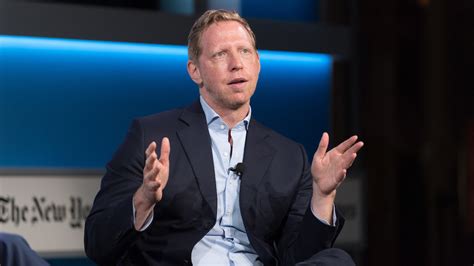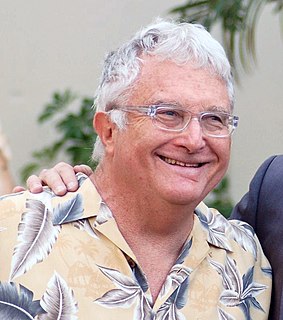A Quote by Maya Angelou
I never had that feeling that I had to carry the weight of somebody's ignorance around with me. And that was true for racists who wanted to use the 'n' word when talking about me or about my people, or the stupidity of people who really wanted to belittle other folks because they weren't pretty or they weren't rich or they weren't clever.
Related Quotes
I went to New York. I had a dream. I wanted to be a big star, I didn’t know anybody, I wanted to dance, I wanted to sing, I wanted to do all those things, I wanted to make people happy, I wanted to be famous, I wanted everybody to love me. I wanted to be a star. I worked really hard, and my dream came true.
My contract with mercury PolyGram Nashville was about to expire. And I never had really been happy. The company, the record company, just didn't put any promotion behind me. I think one album, maybe the last one I did, they pressed 500 copies. And I was just disgusted with it. And about that time that I got to feeling that way, Lou Robin, my manager, came to me and talked to me about a man called Rick Rubin that he had been talking to that wanted me to sign with his record company.
I wanted people to trust me, despite anything they'd heard. And more than that, I wanted them to know me. Not the stuff they thought they knew about me. No, the real me. I wanted them to get past the rumors. To see beyond the relationships I once had, or maybe still had but that they didn't agree with.
And I find myself saying, “It wasn’t really about her.” And finding it’s true. What do you mean?” Norah asks. It was about the feeling, you know? She caused it in me, but it wasn’t about her. It was about my reaction, what I wanted to feel and then convinced myself that I felt, because I wanted it that bad. That illusion. It was love because I created it as love.
I felt a great sense of indebtedness and responsibility to use the help that other people had given me to in turn help others and to use the opportunities that I had had in my life to really turn that around and to make an impact and to carry forth some of the issues that I believe are important to the future of our society.
I reject criticism because the last thing I wanted was to sit there and look at people talking. I think people are conditioned to think of documentaries now as talking heads. This movie about Valentino is not about that at all. It's about watching people in action. To the critics who wanted more talking heads, I send a dozen dead roses.
I'm more interested in talking about what I do. And I don't think people are interested in my personal life. I've never had a Hollywood life. I've always been a worker. But it's true: If you know something about a person outside of the movie that is really repulsive to you, it's hard to shake. So I prefer to do my speaking through the work. I don't want people to know anything about me, because that's not important. I'm more interested in the me that takes shape through these characters. The other stuff is personal and too easy to trivialize out of context.
But my body was telling its story. I have read a lot of stuff about cancer. I needed this book. I wish I'd had this book when I had cancer. I wanted someone to be talking to me about "fart floors." I wanted somebody telling me what it was like to have a colostomy bag. I felt so alone. And if you're a person who's been traumatized by past abuse, it's so potentially re-traumatizing. You slip right into "oh my god, this is the only person this has happened to before" mentality: "I'm especially bad and I have especially bad cancer..."
When I was a kid--10, 11, 12, 13--the thing I wanted most in the world was a best friend. I wanted to be important to people; to have people that understood me. I wanted to just be close to somebody. And back then, a thought would go through my head almost constantly: "There's never gonna be a room someplace where there's a group of people sitting around, having fun, hanging out, where one of them goes, 'You know what would be great? We should call Fiona. Yeah, that would be good.' That'll never happen. There's nothing interesting about me." I just felt like I was a sad little boring thing.
Writers have always liked my stuff, pretty much. That's what I wanted - I think my goal wasn't to get rich and famous, necessarily, though I cared about that. I always thought, "Oh, this could be a hit," or "that will sell records." But the first thing I wanted was that people who knew a lot about music, or had taste-making qualities, they would like my stuff. Writers, people like that.





